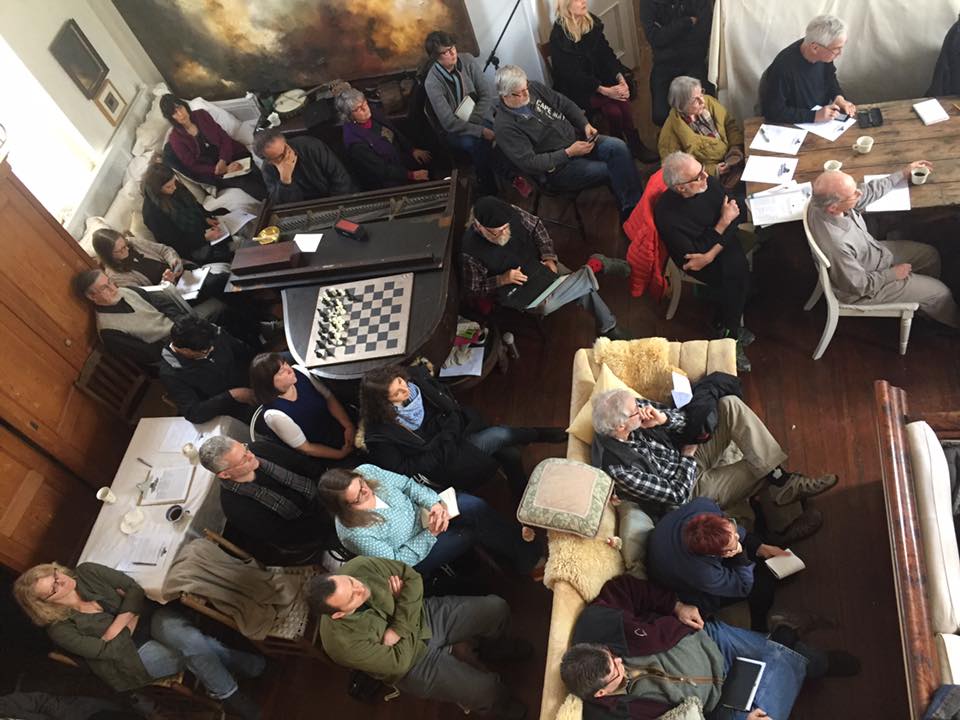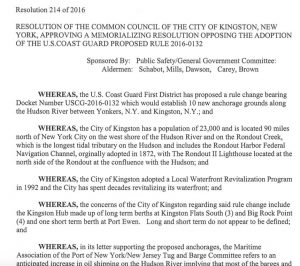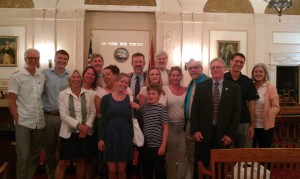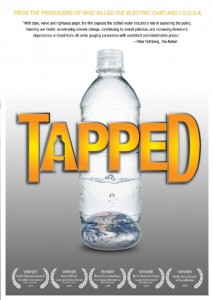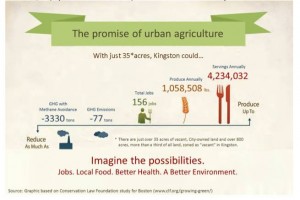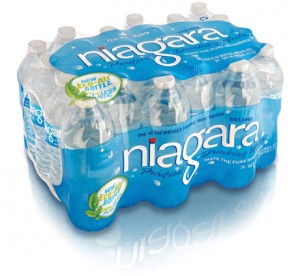
Photo credits: Kevin Smith, Woodstock Land Conservancy 8/24/22
By Rebecca Martin
Cooper Lake is located in the Town of Woodstock and is the largest natural lake in the Catskill Mountains. It stores water from the Mink Hollow Stream in addition to water that reaches the lake from its nearly 9 square-mile watershed.
It is also the City of Kingston’s primary drinking water source.
The City of Kingston Water Department was founded on May 27, 1895 by a special act of the New York State Legislature to provide potable water to the residents of the City of Kingston. It is a financially and administratively independent department within the City of Kingston funded by drinking water users (and not tax dollars) and is governed by the Board of Water Commissioners. The Board is a continuously sitting body and each member is appointed to a five (5) year term by the Mayor. The Mayor is also a voting member of the Board and the Kingston Common Council assigns a liaison in January of each year to monitor their business.
The Early History of Water, Woodstock and Kingston by Richard Heppner
Our area is in the midst of a drought. At the same time, important dam construction at Cooper Lake is underway in order to bring the dam into compliance to meet the New York State Department of Environmental Conservation (NYSDEC) regulations. It’s a project that’s been in the works for many years.
In preparation, last July Cooper Lake was lowered by 10 feet below its maximum capacity and that level must be maintained throughout the dam work that is scheduled through November of 2023. The process began before our current drought emergency that has escalated and was raised to Stage II on August 11.
At times like these, Kingston is fortunate to have a secondary drinking water source – the Ashokan Reservoir. Many communities that I work with haven’t got a plan B. Although the infrastructure is not yet connected, the New York City Department of Environmental Protection (NYCDEP) has run pipes under Route 28 at Basin Road and part way down Sawkill so that the Kingston Water Department would be able to tap into the reservoir if they ever needed to. They never have – until now.
In the early 2000’s, the Town of Ulster signed a long standing agreement to purchase 700,000 gallons per day (GPD) whether they used all of it or not from the Kingston Water Department making them one of our largest drinking water users. That agreement was recently brought to a halt because of the seriousness of the drought. Now the town is working to provide Kingston with 200,000 GPD to help us through this critical time, even when they are also experiencing drought conditions and cut-backs. The residents in the Town of Ulster deserve our gratitude.

Kingston Water Department and “surplus water”
Nearly 10 years ago, the City of Kingston was on the brink of selling 1.75 million GPD of our municipal drinking water supply to the California based company Niagara Bottling at Tech City in the Town of Ulster. Had they succeeded, they would have secured their first large drinking water bottling facility in our region and would have taken every drop for all the years they were here to bottle and to sell. For those following the changes at the Tech City site, Niagara would have likely impacted the recent trajectory of any progress seen today. And given Niagara’s track record, we might have been in a heap of trouble now. It’s one thing to negotiate with your neighbors. It’s a whole other matter to do the same during drought conditions with a corporation who have savvy lawyers and deep pockets. Luckily, with the support of many community members, organizations and elected officials, we nipped that proposal in the bud in just five months and sent Niagara packing.
Side bar: We still have Niagara Bottling on our google alert. We’ve been following them around the country for the last seven years and share information about our strategies with municipalities interested who are struggling as we were. We’ve had some success, too – in communities located in Texas and Wisconsin.
Back in 2014 when Niagara was a looming threat, we learned about Kingston’s safe yield (by definition, the safe yield of any water supply is the maximum dependable water supply that can be withdrawn continuously from a supply during a period of years in which the driest period or periods of greatest deficiency in water supply is likely to occur) being 6.1 million GPD. For Kingston’s drinking water supply, that period continues to be the drought of 1957 that lasted 3 months. Kingston’s safe yield was said to be accurate when we inquired. We were told changes were slow.
Also in 2014, community member’s concerns were said to be “hysterical”, as the City of Kingston had surplus water to sell and the East Coast was water rich. Their messaging gained no traction with us.
Here is some interesting data from old posts about droughts in the Hudson Valley:
Given the recent trends, is it time for us to take another look at our safe yield and consider climate? I think so. Although Cooper Lake was reduced 10 feet to its maximum capacity last year for important dam work, it seems clear that no one anticipated a drought a year later that would exacerbate our current situation.
Drinking Water Budgets
There is such a thing as drinking water budgets, or an accounting of all the water that flows into and out of a project area. The Kingston Water department once told us that they have one. Through our FOILs in 2014 and 2015 we never successfully acquired a copy. If our safe yield is 6.1 million GPD then we don’t want to overuse or over promise what we can deliver. A water budget keeps track of our current residential and business use and should also take into account future development project commitments.
In a report from 2007 for the proposed Hudson River Landing Development, it stated that the City of Kingston had a daily water usage of 3.28 million GPD. In 2014, we were told that that number increased to 3.5 million GPD. Where are we today? Outside of our own concerns about drought and drinking water, how does Cooper Lake’s current levels inform us about groundwater resources and the rapidly dropping water table area-wide? What about our neighbors public supply wellheads and thousands of private wells?
We’re sharing these photos – thanks to Kevin Smith of the Woodstock Land Conservancy – to illustrate that this crisis is real. The photos speak for themselves and it’s heartbreaking to see this natural waterbody in such a state. Beyond that, the water that flows through your pipes to your home or business is treated drinking water from Cooper Lake meant to keep you nourished and alive. At the very least, it’s a teaching moment. We shouldn’t ever take drinking water for granted.
Our drinking water supply levels are a real emergency. Follow the requests from City of Kingston officials and be mindful every day of how you borrow from Cooper Lake. Consider everyone and everything.
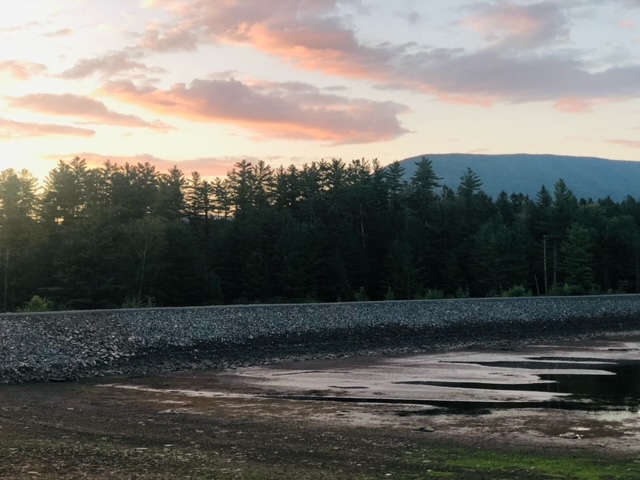
In addition to previous mandatory restrictions on water usage, the following measures will be in effect:
- NO use of water from the KWD to fill or maintain the water level in any swimming pool.
- NO use of water from the KWD to water any lawn, golf course, ornamental shrub or plant, except that water may be used to irrigate, from a hand held container only, vegetables or fruits grown for human consumption.
- All air conditioning systems utilizing water from the KWD should be operated only in accordance with hourly restrictions established by the Superintendent.
- All large, nonresidential water consumers must immediately reduce usage by at least 20%.

